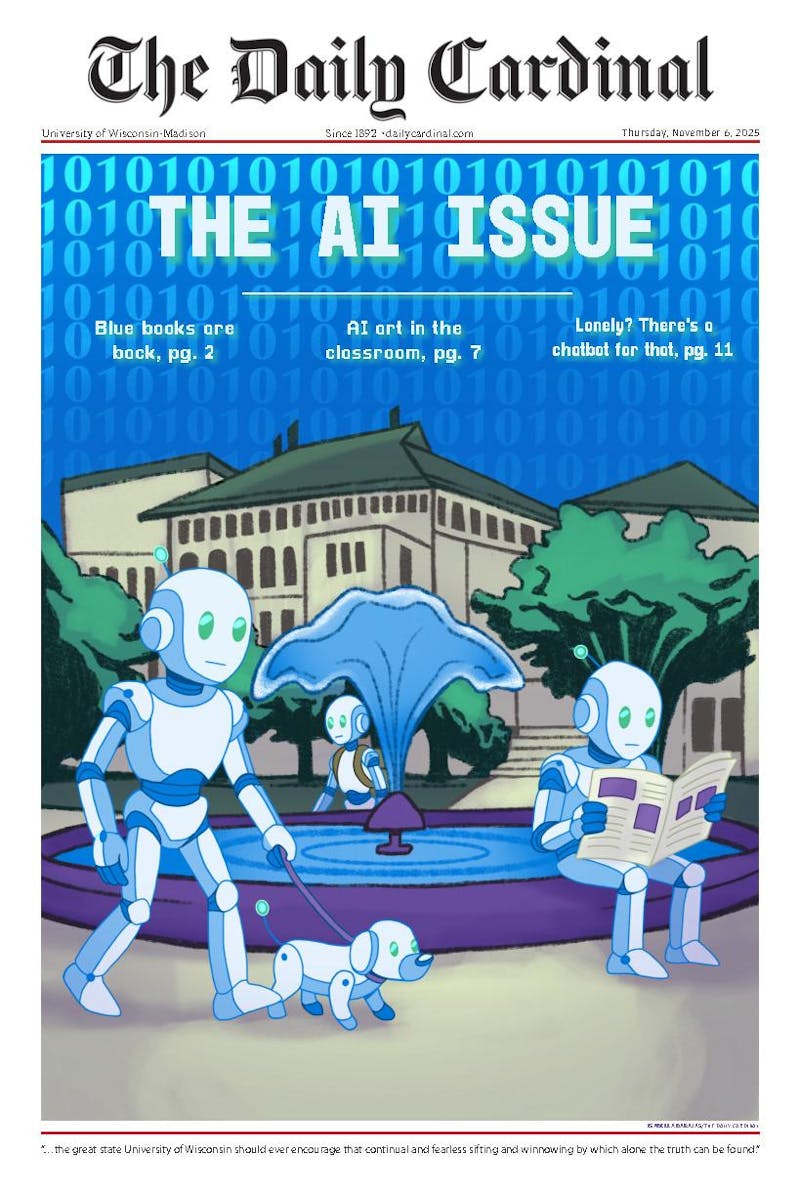Recently, certain right-wing pundits have been denouncing Clint Eastwood's \Million Dollar Baby."" To say why they are condemning his film is to reveal a crucial plot point that ties the entire picture together; therefore, specifics won't be given here. With all the tired bantering and yelling that has occurred since the film went into wide-release a few weeks ago, few are discussing the film as a story or art.
To give away such a crucial plot point before most people have even had a chance to see the movie is a sin, yet switching on Fox News at the right time is sure to give away the last third of the movie. Still, right-wing extremists are hardly the first (or the last) to ruin movies for the general public.
Starting in the 1970's, television became one of the biggest spoilers of plot points or scenes in movies. Prior to that decade, the vast majority of film advertising was done through print. Most of the excitement over a film was built on word of mouth. But once advertisers discovered that on-air commercials could be more effective at reaching audiences, the average viewer became much more familiar with how a film looked. Certain shots, lines or glimpses could be embedded into a viewer's mind before they ever set foot in a theater. As the 1980's rolled around, more and more American homes were equipped with cable television, which gave rise to numerous channels devoted to filling airtime with clips, trailers and gossip about upcoming films.
But if televised advertising and cable TV were a major hindrance in maintaining the mystery of a film's contents, the arrival of the Internet had the potential to destroy it altogether.
To be fair, the Internet is in many ways a movie lover's dream, as there are countless resources to learn about films, their artists, and their history. Yet at the same time, it is full of clips, articles, and critics who unashamedly give away many elements of movies. Much of what is posted now is presented in a manner so that the viewer will know if spoilers lie within the clip or article they are reading, but there are still a fair number of sites that don't give any warning when they give away certain aspects of a film.
This past year has seen both politics and religion become prominent factors in spoiling movies. ""The Passion of the Christ"" and ""Fahrenheit 9/11"" were movies that rode a stream of praise and condemnation from the media. Much like ""Million Dollar Baby,"" little attention was given to the cinematic qualities of the two pictures. While neither ""Fahrenheit"" nor ""The Passion"" were built around suspense or surprise, numerous scenes were given away by the media in the fervor that surrounded their release. By the time many audiences made it to the theater, some of the most memorable parts had already been revealed.
The question that arises from all of this is whether or not viewers want prior knowledge of a film's events before viewing it. Director Robert Zemeckis (""Back to the Future,"" ""Forrest Gump"") has said market research shows that most people want to know how a film ends before they see it (this would explain Zemeckis' ludicrous marketing of ""Cast Away,"" which leaves viewers with no doubt of what will happen in the end).
I suspect this is an untrue statement. Surely, people have expectations with certain genres of films, but to believe that the majority of Americans always want to know the ending of a film is a depressing statement. Why go to the movies at all? Part of telling a story is the element of surprise, or tension. Though Zemeckis is a fine filmmaker, his fast food approach to marketing his movies is another deplorable example of film being treated as product rather than art. The contents of a film deserve a certain amount of secrecy and surprise to function as an art form. There are still a great deal of people who know this, and because of this fact they are the ones who are keeping quiet and letting people discover the contents of a movie on their own. It would be nice if recent right-wing pundits adopted the same stance.
Dan Marfield is a senior majoring in communications arts and history. He can be reached at ddmarfield@wisc.edu.





